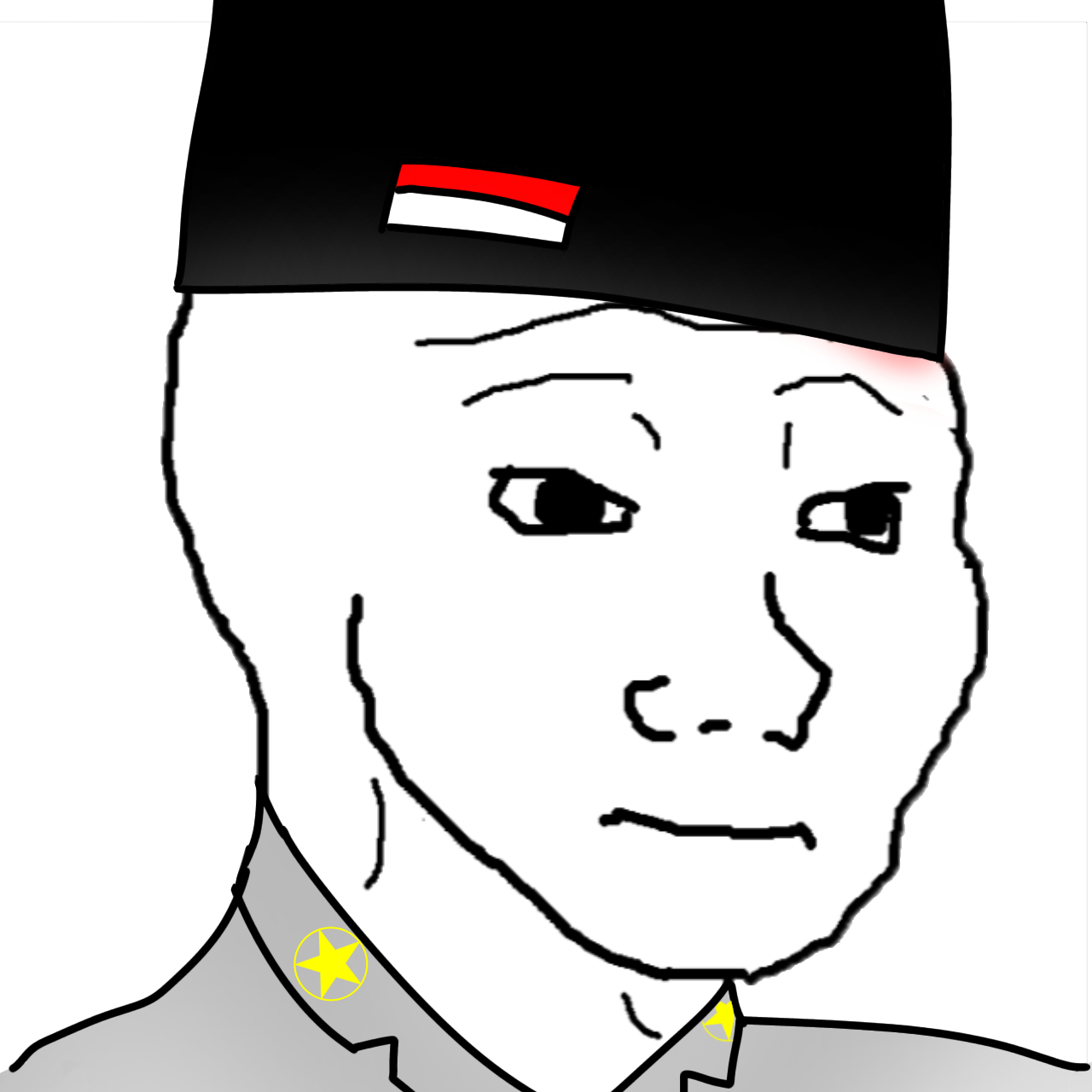- cross-posted to:
- juchegang@lemmygrad.ml
- cross-posted to:
- juchegang@lemmygrad.ml
Is there any merit to either story or are they both just bullshit? I assume the rfa story is most likely BS?
RFA story is almost certainly just a load of BS, the other one links back to here (not sure whether this is a DPRK-owned website or not as I can’t read Korean)
From reading the articles I would conclude the following:
- RFA, a US-funded asian ‘news broadcaster’, very likely has created this piece of propaganda as an attempt to use the popularity of the Squid Games to disseminate mis-information about North Korea
and
- North Korea did pass a law that specifies death as a possible penalty for distributing South Korean content
So… everyone sucks.
Oddly enough, I can’t find much info on that law, there isn’t even a Wikipedia article for it or anything
That NKnews site is also American. I thought that something like this would be easy to verify, so I have tried to find a bit more information, and according to this site:
https://www.38north.org/2021/11/north-korea-intensifies-war-against-foreign-influence/
While the text of the law was not made public outside of the North, anecdotal reports since indicate that this has prompted a widespread crackdown on foreign content and influence in the country.
So, perhaps it is not as simple.
Yeah NKNews links back to RFA in a lot of cases, and they often just blatantly make shit up on their own w/ “unspecified sources”
"During the cold war, the anticommunist ideological framework could transform any data about existing communist societies into hostile evidence. If the Soviets refused to negotiate a point, they were intransigent and belligerent; if they appeared willing to make concessions, this was but a skillful ploy to put us off our guard. By opposing arms limitations, they would have demonstrated their aggressive intent; but when in fact they supported most armament treaties, it was because they were mendacious and manipulative. If the churches in the USSR were empty, this demonstrated that religion was suppressed; but if the churches were full, this meant the people were rejecting the regime’s atheistic ideology. If the workers went on strike (as happened on infrequent occasions), this was evidence of their alienation from the collectivist system; if they didn’t go on strike, this was because they were intimidated and lacked freedom. A scarcity of consumer goods demonstrated the failure of the economic system; an improvement in consumer supplies meant only that the leaders were attempting to placate a restive population and so maintain a firmer hold over them.
If communists in the United States played an important role struggling for the rights of workers, the poor, African-Americans, women, and others, this was only their guileful way of gathering support among disfranchised groups and gaining power for themselves. How one gained power by fighting for the rights of powerless groups was never explained. What we are dealing with is a nonfalsifiable orthodoxy, so assiduously marketed by the ruling interests that it affected people across the entire political spectrum."
-Michael Parenti, Blackshirts and red





